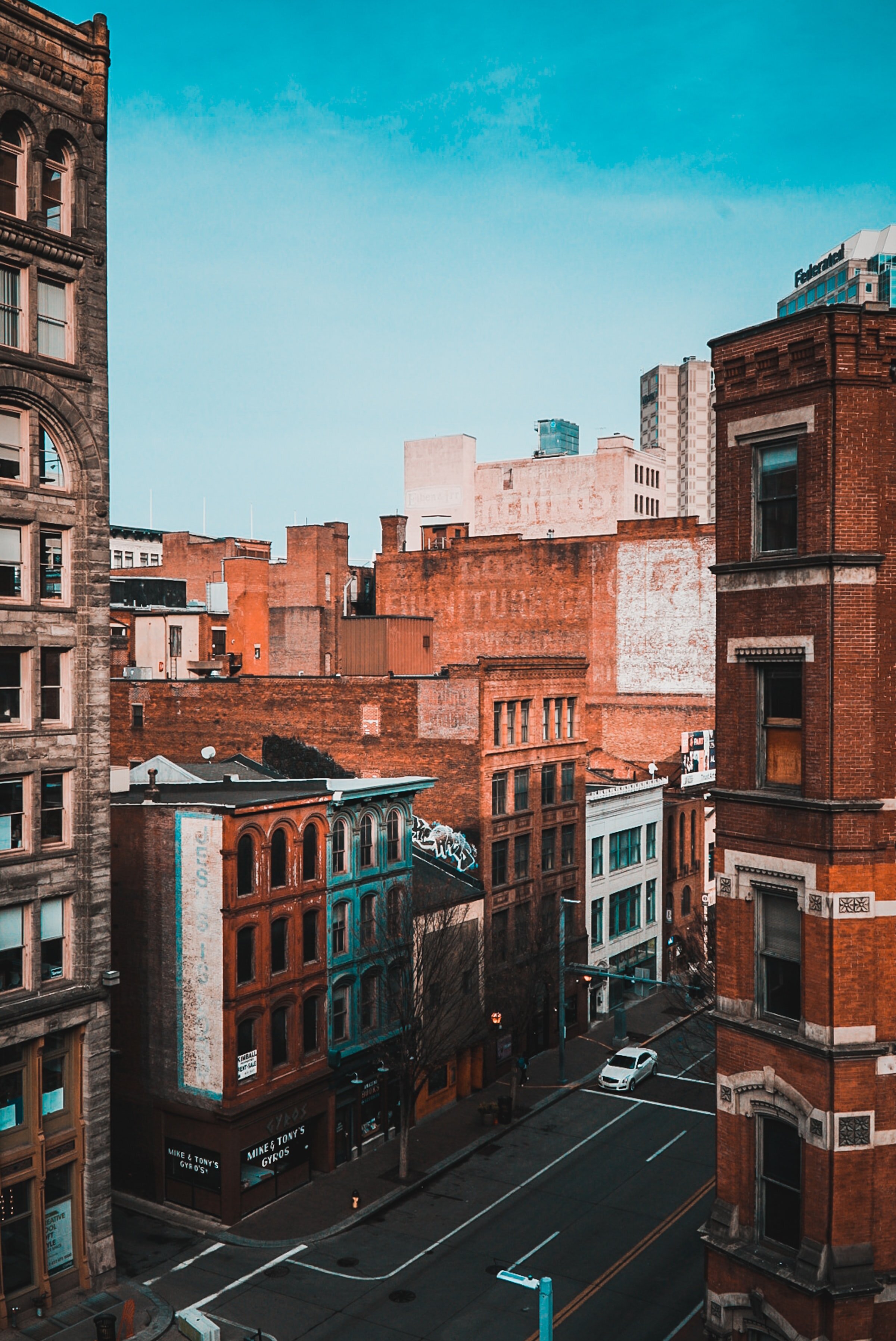
Meet our Fellows
My’Kal Lofton, Charlottesville, Virginia
Green Wall Street
My’Kal Lofton: Green Wall Street
Charlottesville, Virginia
Finding a lack of support and connection as a first generation, low-income college student, My’Kal Lofton collected friends and created a support group that went far beyond the basics.
With a beginning set in the Charlottesville riots of 2017, Green Wall Street became an economic incubator for ideas and businesses that continue to flourish five years later.
About My’Kal Lofton:
Finding community as a first generation, low-income student was difficult when Lofton moved to Charlottesville to attend UVA in 2013 and she found herself struggling with deep depression. Coming from a faith-based family, Lofton looked for a place to fit in but encountered a campus and community that was still quite segregated. “You had the UVA kids, the Black kids, the poor kids, the fraternities, the Hispanic, all these different separations. It was like looking at the American caste system. I’m Black and Puerto Rican, and I’m poor too. None of those groups fit me. A lot of the people who are part of GWS are people who couldn’t find a place.”
Lofton recalls that the impetus for GWS was to bring people together and find community amongst the differences. Loftin, who grew up in a faith-based family, began gathering groups of friends to talk. “Instead of mutual aid, we called it community mutual support. That’s what the people of God are supposed to be doing. I always believe that a church is not a building, that church is people.”
GWS began meeting during the racial events in Charlottesville in 2017 as a very loose organization of about 5-10 friends. Lofton and her partner, Jeanremi Verella, were the executive team. “The beginning of GWS was really about being able to find community amongst differences.” The group met monthly (pre-COVID) for support and to “hold space as an incubator for ideas. If somebody had an idea or a dream, we’re going to believe in it.”
The name has deep roots in Black history. In 1921, Tulsa, Oklahoma’s Greenwood District, known as Black Wall Street, was one of the most prosperous African-American communities in the United States. Before it was destroyed in the 1921 Tulsa Massacre, Greenwood had a population of more than 100,000 Black people and was home to luxury shops, restaurants, hotels, movie theaters, a savings and loan, two Black newspapers and a nationally recognized school system, according to the Greenwood Cultural Center’s history of the community. “That’s where we got our name. We were coming up on the 100th anniversary of the Tulsa Race Riot in May of 2021.”
Lofton, who works for Albemarle County Office of Equity and Inclusion, focused on creating support for marginalized communities, along with a commitment to creating a more ecologically just world.
“I guess that's one thing - coming from a poor community there’s a lot of stigma around asking for help. But I think of economic development as learning how to ask for help but in a way that is of mutual benefit for both of us.
“There are thriving communities of marginalized people all around us and it’s about understanding it. The green part is understanding our ecological relationship. We are all really connected. It’s been this beautiful journey and very humbling journey of trying to create conversation around how can we best serve each other and be there for each other.”
The group shared seeds, plants, and food and supported each other in plant sales and other eco-friendly pop-ups and swaps. “Part of the focus of GWS was highlighting the invisible. We worked for food equity and to create space for creative economic innovation and support for those in the process. Our vision of economic development was about breaking down these barriers that keep people from actually believing in themselves to get into the market and into business. Simply being in this community that is supportive has allowed them to be able to start new businesses.”
Update: Lofton has now returned to school to complete a master’s degree in nutrition and GWS has shifted into a looser support network after meetings panned out during COVID. “But we still track it and can see that people are moving toward their purpose. Some in the group wanted to do cooking and have now started catering businesses. Businesses that came out of the group are starting up. What matters is the relationships. It’s warming to the heart.”
“What GWS showed me is that there is an unmet need in our society for a place for people to be able to talk differently – about ecology, about climate justice, about public health. We need those places of support where we can share ideas and just talk – where it’s not taboo to have new ideas.”




